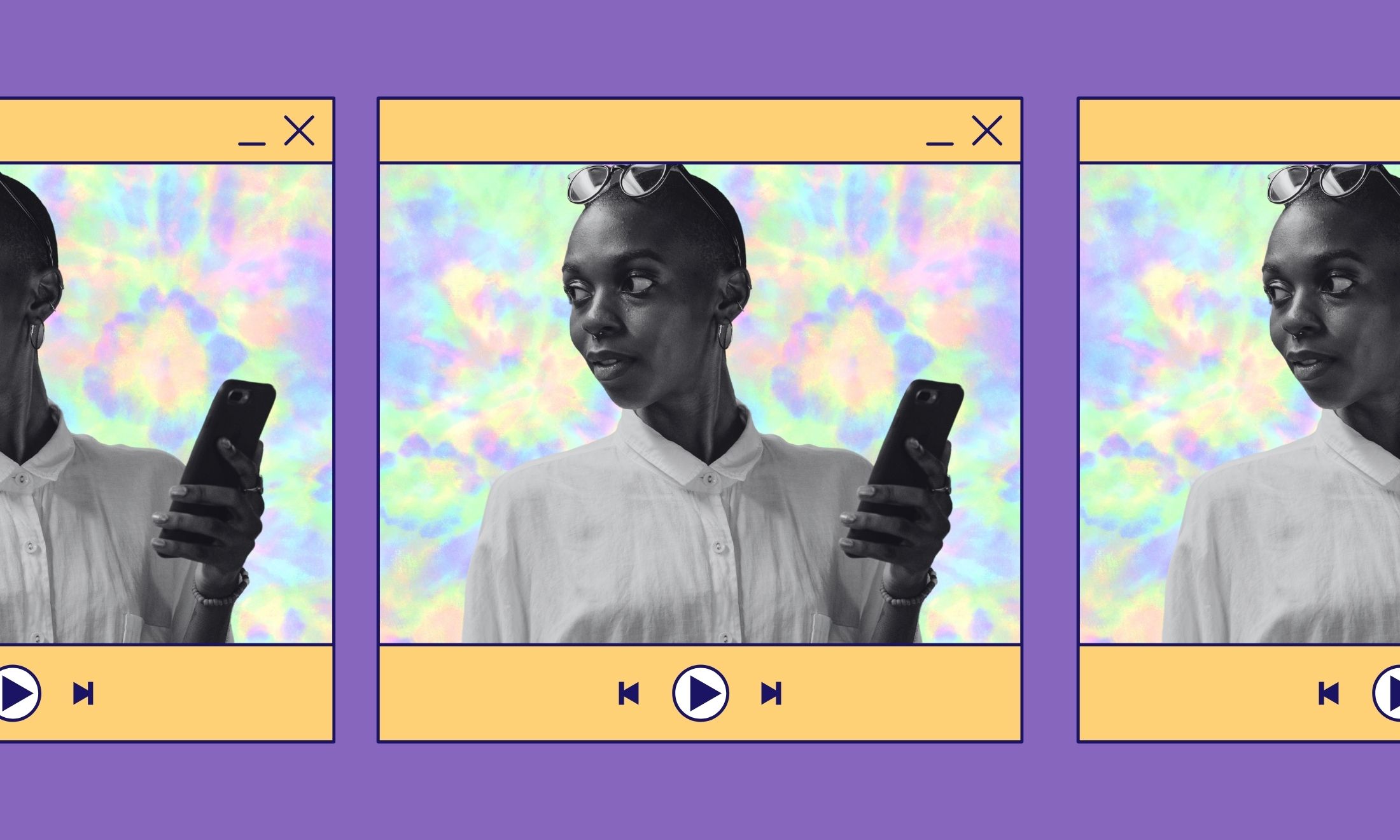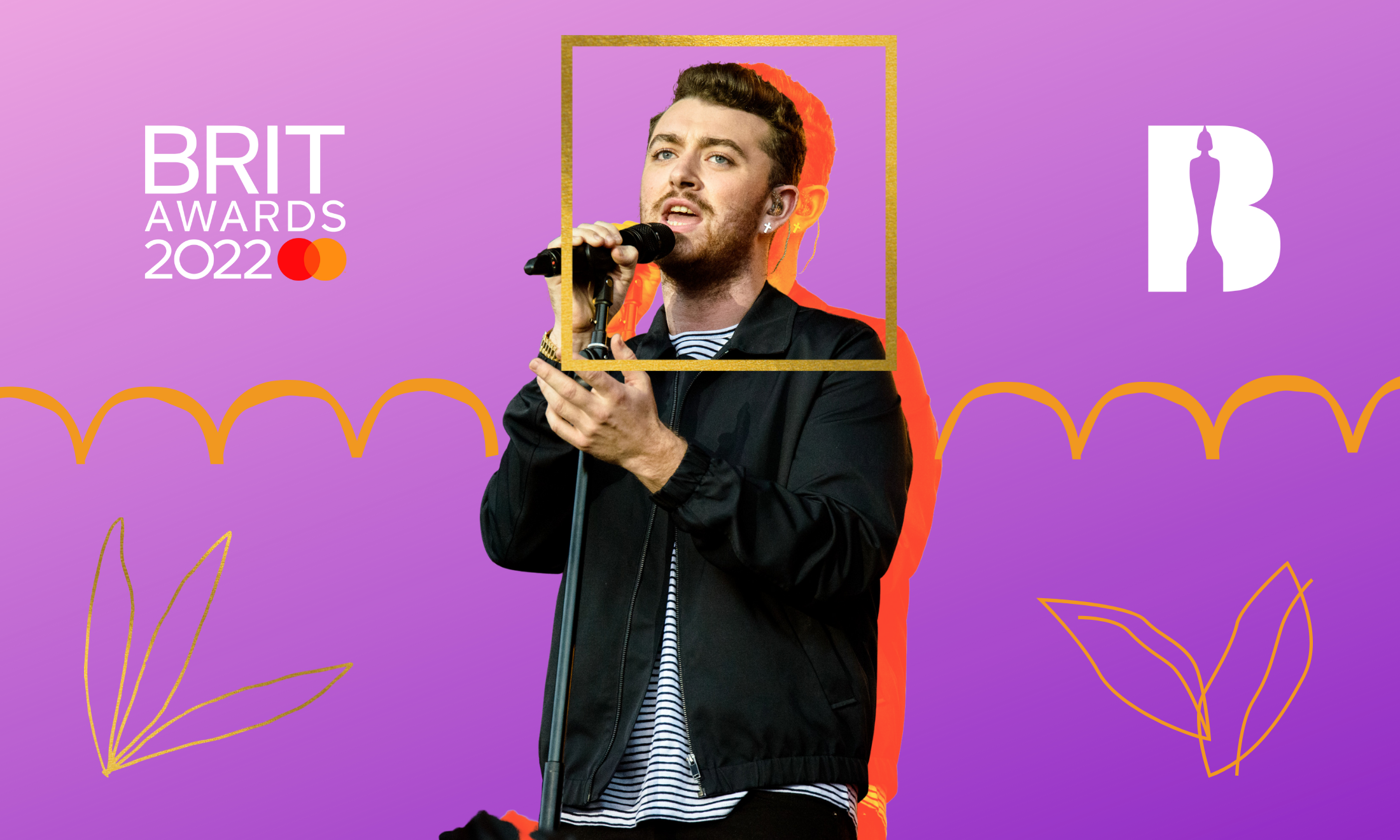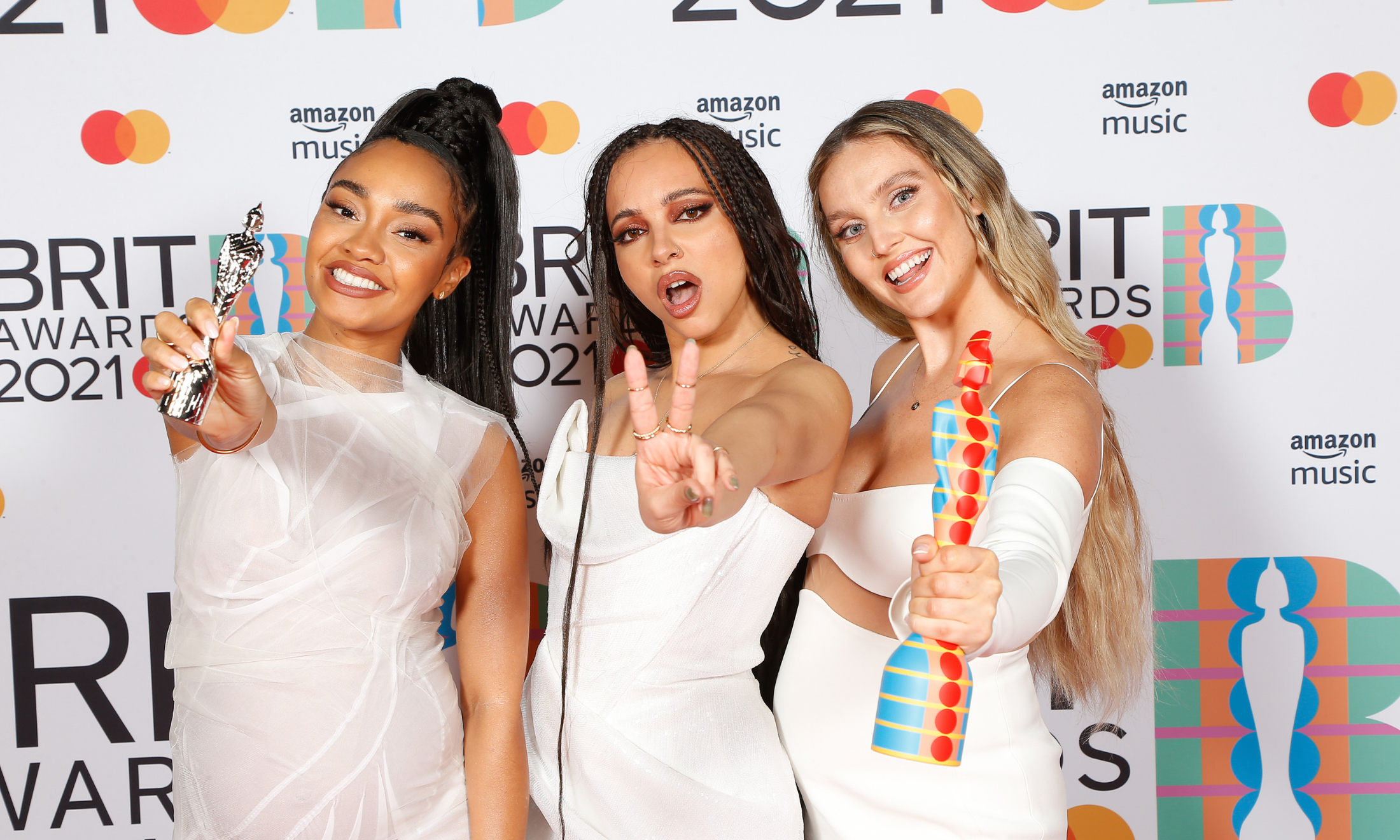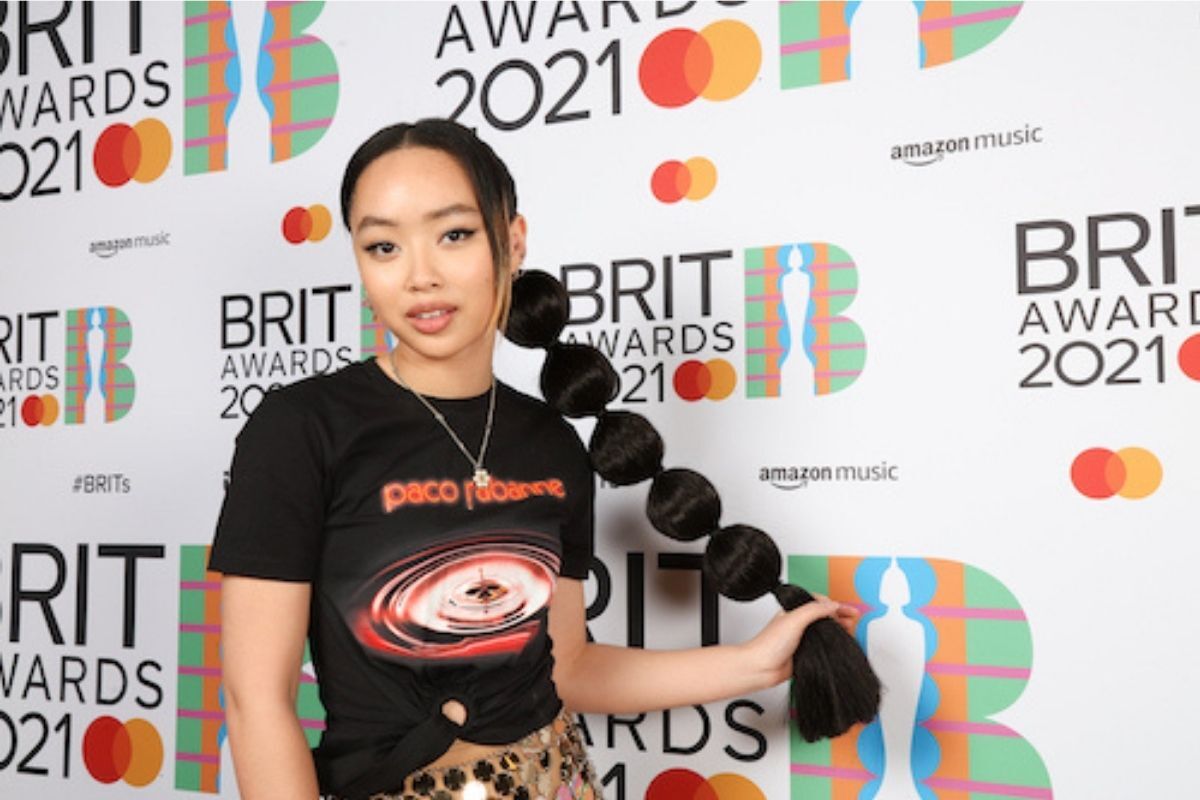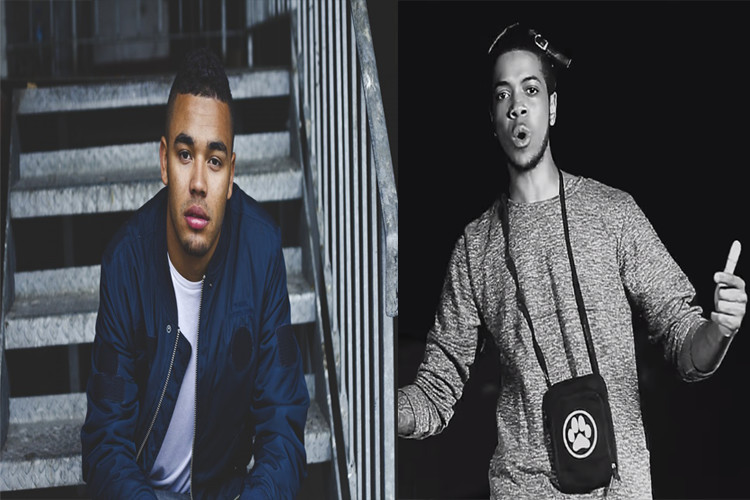
Is social media the key to highlighting the diversity in the music industry?
Nana Dwimoh
11 Mar 2016
On social media it is so easy to stay up to date with what’s hot and what’s popular in the moment, and you would expect this to be reflected in popular culture. Yet this isn’t always the case. The trending hashtag #BritsSoWhite is a clear example of the lack of diversity at this year’s awards and was a huge talking point. How can so many independent artists of colour, who are currently riding high, selling out venues and even having their music chart highly, not be recognised at the biggest British music awards show? Hattie Collins, music editor at i-D magazine, mentioned in an interview that it was surprising Stormzy and Lady Leshurr were not nominated for video of the year. This could also be said about Krept and Konan, who achieved significant international success with their single ‘Freak of the Week‘, or FKA twigs, whose album M3LL55X received much critical acclaim.
Clearly, being nominated for a Brit does not equate to your success or talent as a musician. However, award shows and nominations do give artists a chance to be formally recognized for the popularity of their music and the work that has been put in to making it. If you look back to 2001 when Craig David was nominated for six awards, there was hope that maybe the Brits were doing something right. It was around that time he graced us with the tracks, ‘Fill Me In’, ‘7 Days’, ‘Walking Away’, and ‘Rewind’, but surprisingly he did not pick up a single award. Fast forward over a decade, Ed Sheeran tops the Radio 1Xtra power list as the “most important act in black and urban music today”, beating Wiley, Dizzee Rascal and Laura Mvula. Now in 2016, not much has changed, because the diversity within music is still not being acknowledged on a formal level.
Social media plays a huge part in the role of musicians’ success. South London’s Section Boyz’ sold out their gig the same night as last month’s Brit Awards and the event was so ‘Lock Arf’ that even Drake made an appearance straight after performing with Rihanna. The next day the energy of the event was circulated through Instagram posts, Snapchat stories from everyone and anyone who there and again, Drake, this time letting us know that he’d signed to BBK.
Another example of the of popularity music dispersing through social media, especially Black Twitter, would be the recent Chip and Yungen beef which played out before our eyes in under 48 hours. Each response gained so much attention on social media, racking up six figure views and had so many brilliant and also petty references, for example Yungen being referred to as the Michelle of Destiny’s Child to multiple mentions of Chip owning a Smartcar. It also lead to some hilarious memes and tweets; my favourite ones going along the lines of ‘how am suppose to explain to my parents that I didn’t have time to revise because I was up till 9am waiting for Chip to send for Yungen?’
With hype like this, it makes music exciting and also means artists can release a number of tracks in a short space of time. This type of energy and quality of music is what keep an audience entertained. In a generation where everything is so instant, something that is trending today could be completely be forgotten about tomorrow. That’s why the fire has to be kept alive; something that the music industry and award shows are failing to capture.
Finding a formal platform to recognise the diverse range of musicians relative success is hard. By this I mean, who decides which diss track was best? Who has the final say in what music video was best? And who is going to be talking about these important questions? It is clear that award shows are out of touch and that social media is playing a huge part in the music scene today, but we cannot merely rely on Black Twitter to help reflect the diversity of the UK music scene today. The Voting Academy of The Brits issued a statement acknowledging the lack of diversity in its nominees, stating that next year they will take race, gender and age into consideration more; a promising prediction. So with a bit of optimism, we might see artists who put out incredibly impressive DIY videos, shutdown every single gig they play and release diss track after diss track finally get the recognition they deserve.


